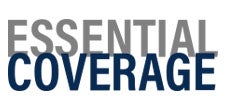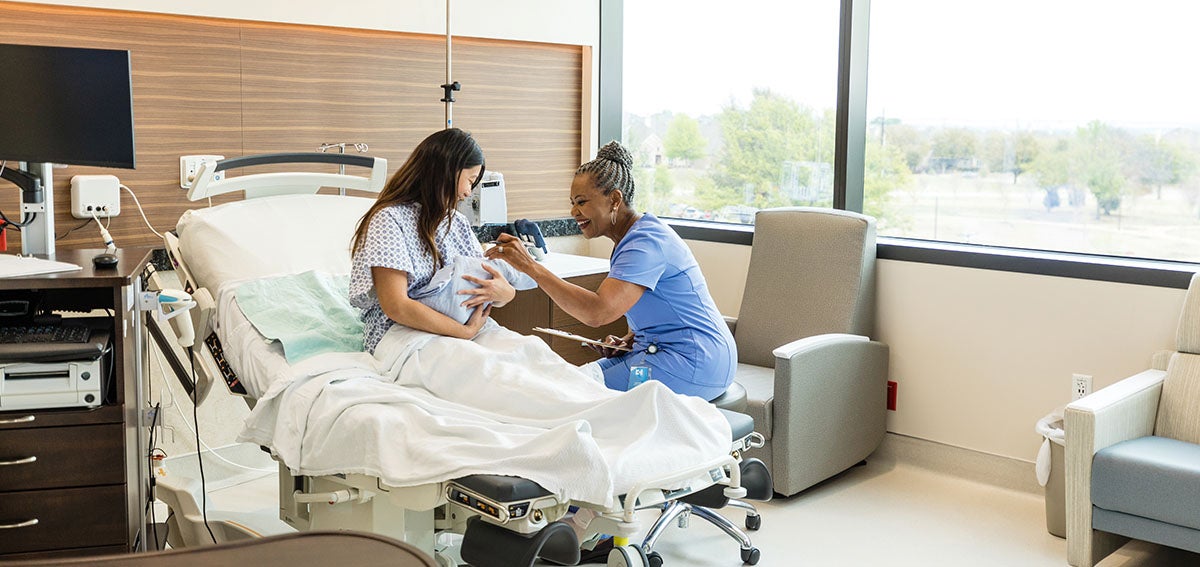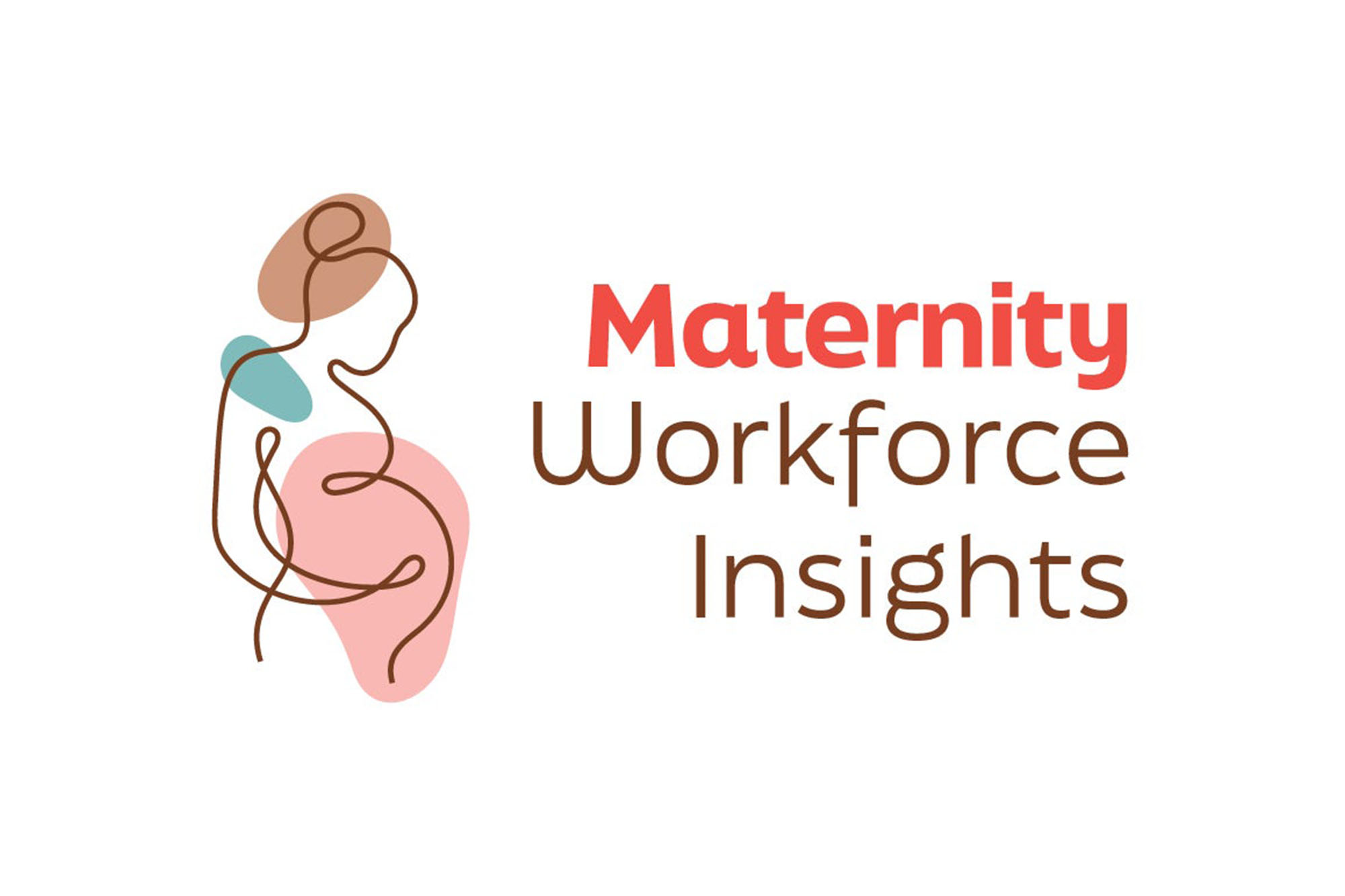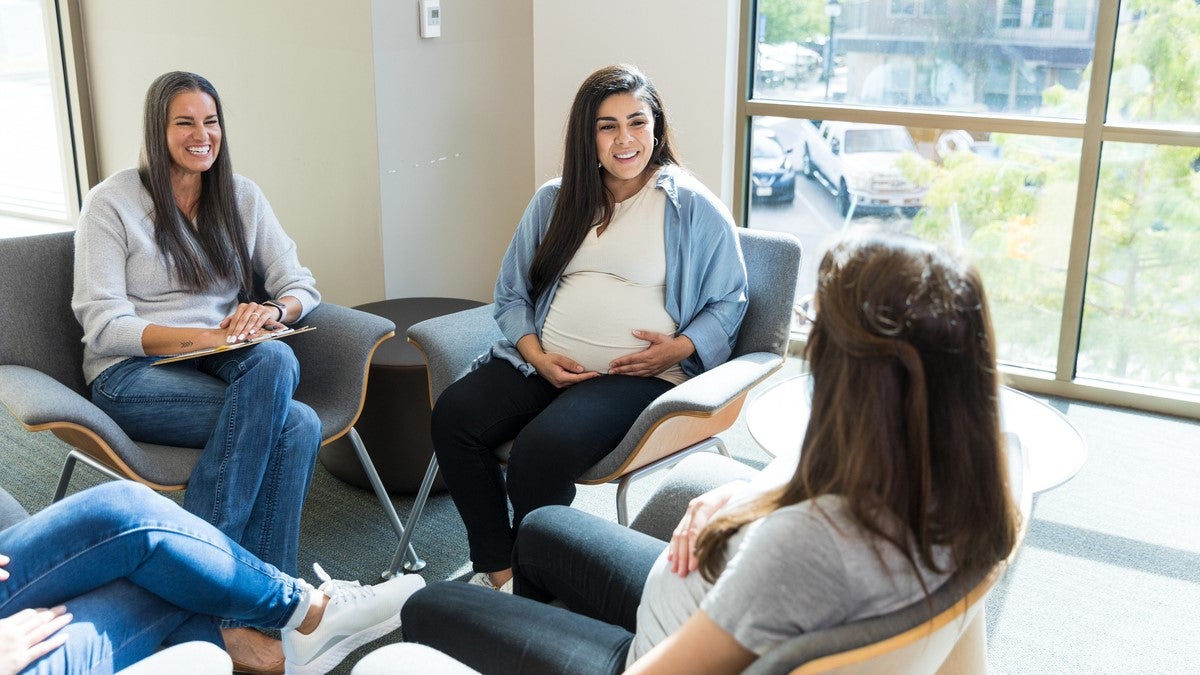
“You can’t fix the parts without treating the whole,” says a night nurse to an exhausted mother of three played by Charlize Theron in the new movie Tully. The nurse points out that for a mother to be able to care for her kids, she has to care for herself first.

At the University of North Carolina Horizons Program, mothers suffering from substance use disorder are given the care they need through a residential treatment center that helps mother and child at once. A California Healthline story highlights the program, which provides mothers with medication-assisted treatment, parenting classes, and day care or school for their children. Sarah Jane Tribble reports that the program recognizes that most of the participating mothers have experienced trauma that can trickle down to hurt their children’s development. Each year, the Horizons Program treats about 250 women and their children in its judgment-free center.
Elsewhere, pregnant women struggling with addiction are too often viewed in a harshly negative light. Women using an illegal substance during pregnancy can be charged with child abuse in many states, as outlined in a recent New York Times Magazine piece. “This results in a crazy quilt of punitive approaches to pregnant women with drug problems, which vary arbitrarily by region, county, and local politics,” writes Jennifer Egan.
Make a mental note to watch the aforementioned film Tully soon. It won’t spoil anything to say that the movie has spurred debate about its portrayal of one woman’s postpartum experiences. Here’s a Today Show article on the controversy, but don’t read it before you see the movie. There’s a plot twist that’s better experienced on screen than on paper.
Culturally Competent Care
Coming to a different type of screen near you: your doctor. The availability of telemedicine is a game changer for patients who lack access to health care specialists. And, as reported in NPR’s Shots, it could be particularly beneficial for transgender patients, who face the challenge of finding respectful care. One in 10 transgender people reports being discriminated against when going to a doctor or health clinic. Remote medical consultation by videoconference could make it easier for transgender patients to connect with providers who specialize in caring for gender-nonconforming people.
African American seniors compose another population that has difficulty finding culturally competent care. Only 5% of working psychologists in the US are African American, according to KQED’s California Report, and in California, only 2% of psychiatrists are African American, the Healthforce Center at UCSF reports. Even in diverse Oakland, African American seniors have a hard time finding a mental health therapist who understands their racial and cultural experiences.
To bridge this gap, community groups like Black Men Speak in East Oakland provide much-needed support. But for the next generation of behavioral health care providers, training on how to provide culturally competent care — whether for transgender patients, African American seniors, or other diverse patient groups out there — must be prioritized.
What was the best thing you read this week? Email me.
Authors & Contributors






